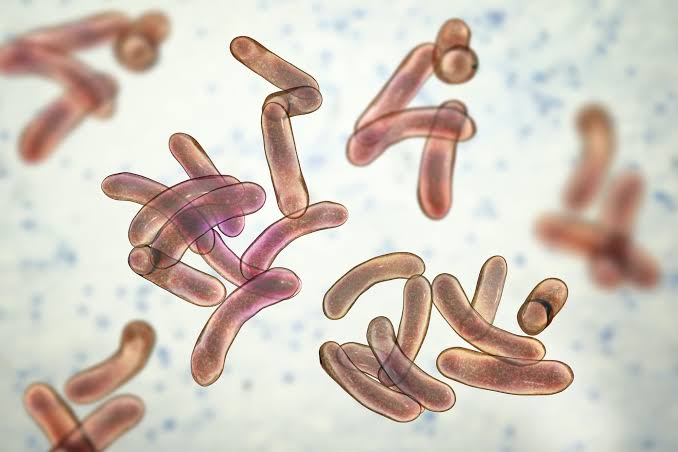Inside Nigeria
5 die, 60 hospitalised as cholera outbreak rock Lagos community

A severe cholera outbreak in Lagos State has left 60 people hospitalised and five people dead in the local government areas of Kosofe, Ikorodu, Eti Osa, and Lagos Island.
In response to the state’s surveillance reports, Prof. Akin Abayomi, the State Commissioner for Health, revealed these concerning data.
Prof. Abayomi emphasized the urgent need for heightened vigilance and precautionary measures to prevent a potential cholera outbreak. He noted that the fatalities occurred primarily due to late presentations with extreme dehydration.
“We have activated a statewide heightened surveillance and response. The Ministry of Health’s Directorate of Environmental Health and the Lagos State Environmental Protection Agency (LASEPA) have been alerted to investigate possible water contamination in the Lekki-Victoria Island axis. We suspect a potential cholera outbreak, but samples are being tested for confirmation. As of April 28, 2024, Nigeria reported 815 suspected cholera cases and 14 deaths across 25 states,” he stated.
The Commissioner highlighted that recent rains have exacerbated cases of severe vomiting and watery stools, particularly affecting urban slums and crowded areas with poor sanitation.
READ ALSO: 12 die as fresh Cholera outbreak hit Ogun
Cholera, a highly contagious disease causing severe diarrhea, poses a significant threat in regions with inadequate water treatment and sanitation. Prof. Abayomi explained that cholera spreads through contaminated food or water and poor hygiene practices. Symptoms include severe watery diarrhea, vomiting, rapid dehydration, muscle cramps, fever, and sometimes collapse.
Treatment for cholera involves rehydration using Oral Rehydration Salts (ORS) for mild to moderate cases, while severely dehydrated patients require Intravenous Fluids administered in medical facilities under professional supervision.
To prevent cholera, citizens are advised to:
– Ensure safe drinking water by boiling, chlorinating, or using bottled water.
– Avoid ice products made from untreated water.
– Maintain proper sanitation by using toilets, safely disposing of feces, and avoiding open defecation.
– Practice good hygiene, including regular hand washing with soap and clean water, especially before eating, preparing food, and after using the toilet.
– Follow food safety guidelines.
Prof. Abayomi urged residents to rely on the Lagos State Ministry of Health, the Nigeria Centre for Disease Control (NCDC), and accredited local health facilities for guidance, advice, and updates on prevention, treatment, and management. Suspected cases can be reported via the emergency hotlines: 08023169485, 08137412348, or by using helplines 767 or 112.
Emphasizing the importance of maintaining high hygiene standards and taking proactive measures, Prof. Abayomi assured the public of continuous updates and the government’s commitment to the health and well-being of its citizens under the leadership of Governor Babajide Sanwo-Olu.
“We urge everyone to adopt these preventive measures and report any suspected cases promptly to safeguard our communities,” he concluded.


































